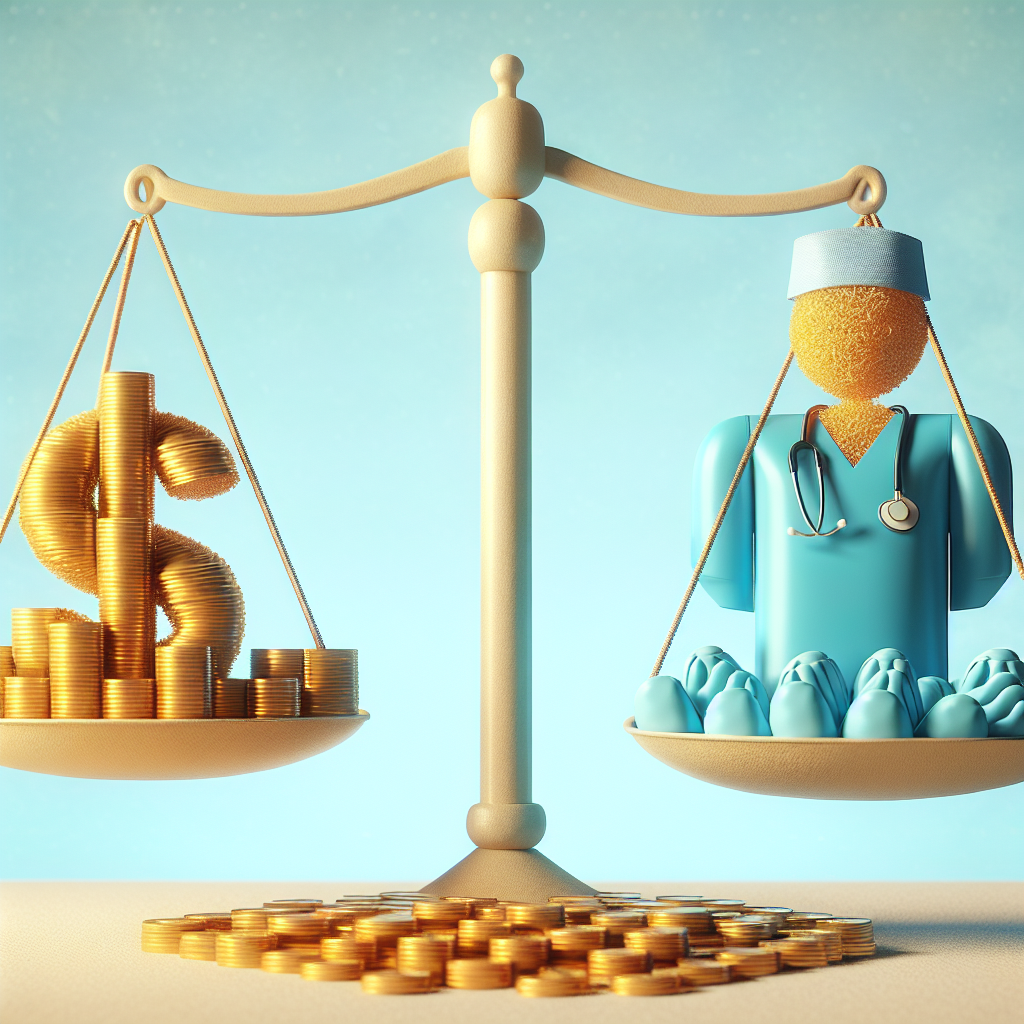New York, NY—As the American population continues to age, the demand for skilled nursing facilities and quality elder care is not just a matter of health but an economic imperative. A recent study sheds light on the fiscal advantages of investing in this sector, highlighting the crucial intersection of dollars and dignity in the burgeoning field of skilled nursing.
According to the American Health Care Association, the skilled nursing industry contributes approximately $265 billion to the U.S. economy annually. This staggering figure speaks volumes about the sector’s potential not only as a vital service but as a lucrative investment opportunity. With a rapidly aging population, the demand for such services is projected to soar in the coming decades, underlining the economic case for bolstering investments in skilled nursing.
Experts argue that improving the quality and availability of skilled nursing care can lead to significant savings for the healthcare system at large. “Every dollar spent on skilled nursing facilities saves the U.S. healthcare system about five dollars by reducing costly hospital readmission rates and expediting patient recovery,” explains Dr. Elizabeth Jacobs, a healthcare economist.
This perspective is not just about managing costs but also about ensuring quality care and dignity for the elderly. Investing in skilled nursing means investing in a skilled workforce, advanced healthcare technologies, and facilities that can offer comprehensive care. This, in turn, leads to better health outcomes for patients, reduced stress for families, and a more efficient healthcare system.
However, the sector faces challenges, including regulatory hurdles, funding shortages, and a dire need for skilled personnel. Stakeholders, including policymakers, investors, and healthcare providers, must collaborate to address these challenges. The goal is to create a robust skilled nursing ecosystem that delivers both economic benefits and compassionate, high-quality care.
“Building a sustainable, high-quality skilled nursing sector is the cornerstone of a dignified aging process. It’s not only an economic necessity; it’s a moral one,” asserts Dr. Jacobs.
As the U.S. navigates its demographic shift toward an older population, the economic case for skilled nursing investment becomes increasingly clear. It’s a sector where compassion meets fiscal pragmatism, offering a blueprint for how to care for the aging population in a manner that is both humane and economically sound. The time to act is now, with the future wellbeing of millions of Americans and the health of the economy at stake.


